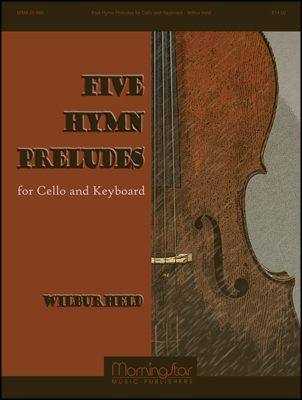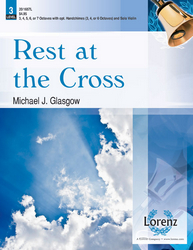The Covenant Hymnal #482
Display Title: Here, Master, in This Quiet Place First Line: Here, Master, in this quiet place Tune Title: BEATITUDO Author: Fred Pratt Green, 1903- Meter: C.M. Date: 1996 Subject: Church and Life Together | ; Communion in Prayer | ; Healing in Affliction |
The Covenant Hymnal #482


 My Starred Hymns
My Starred Hymns







